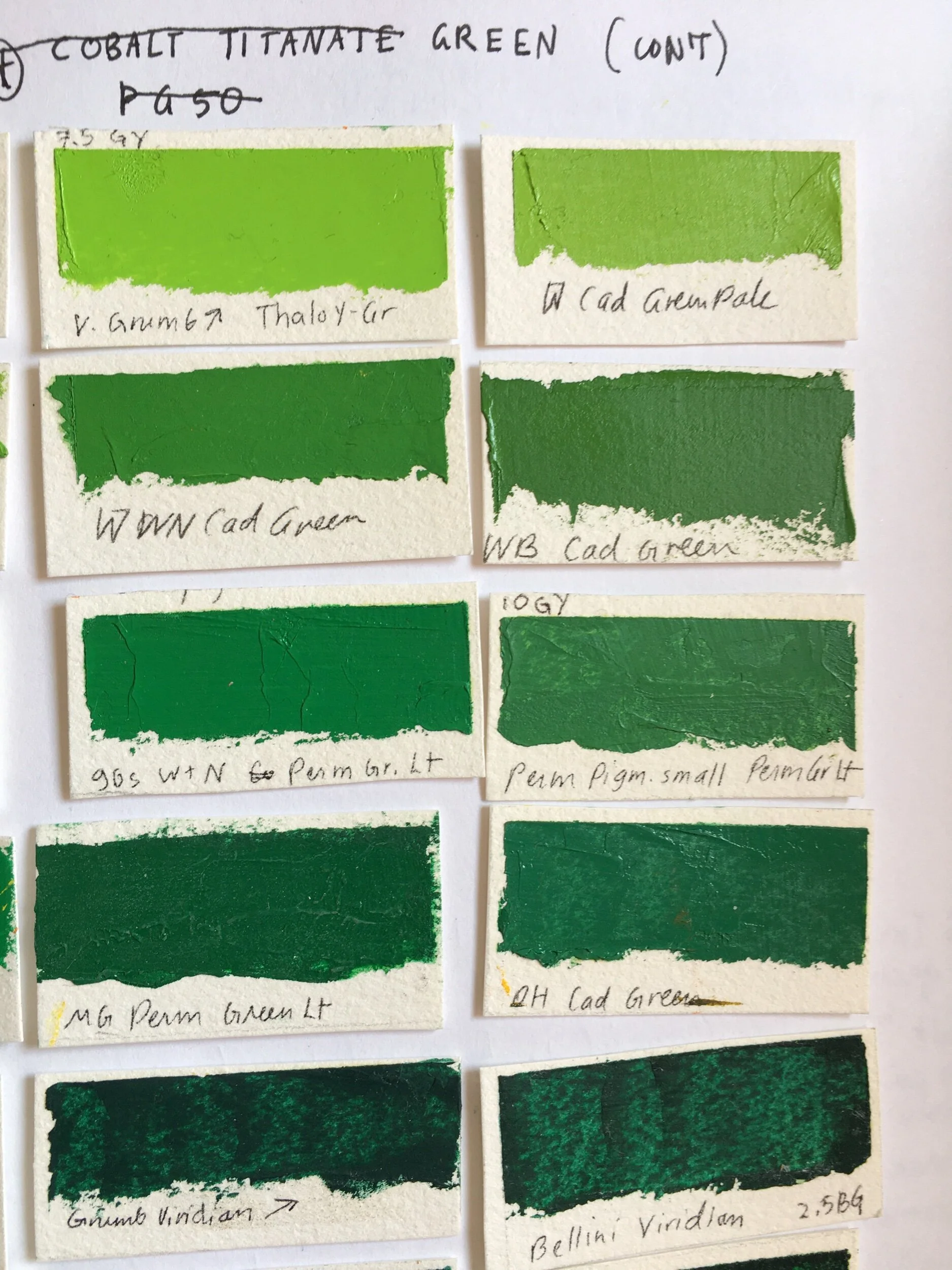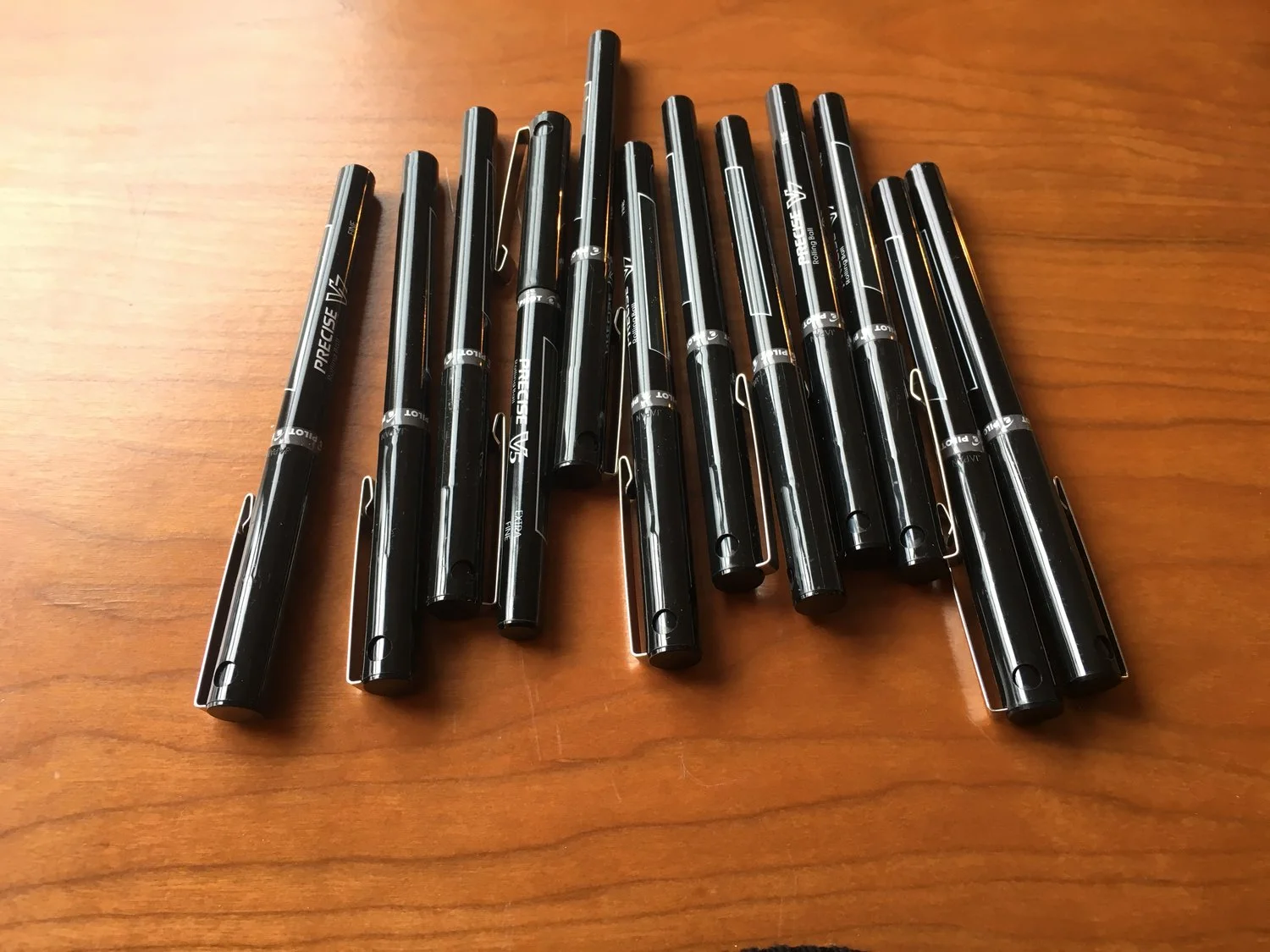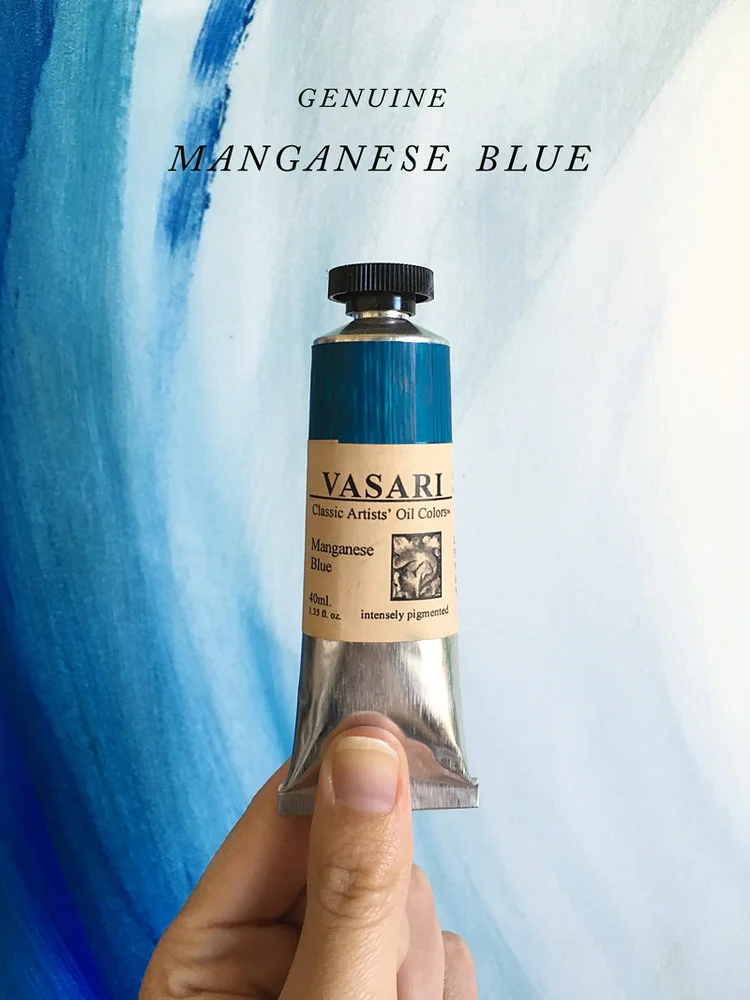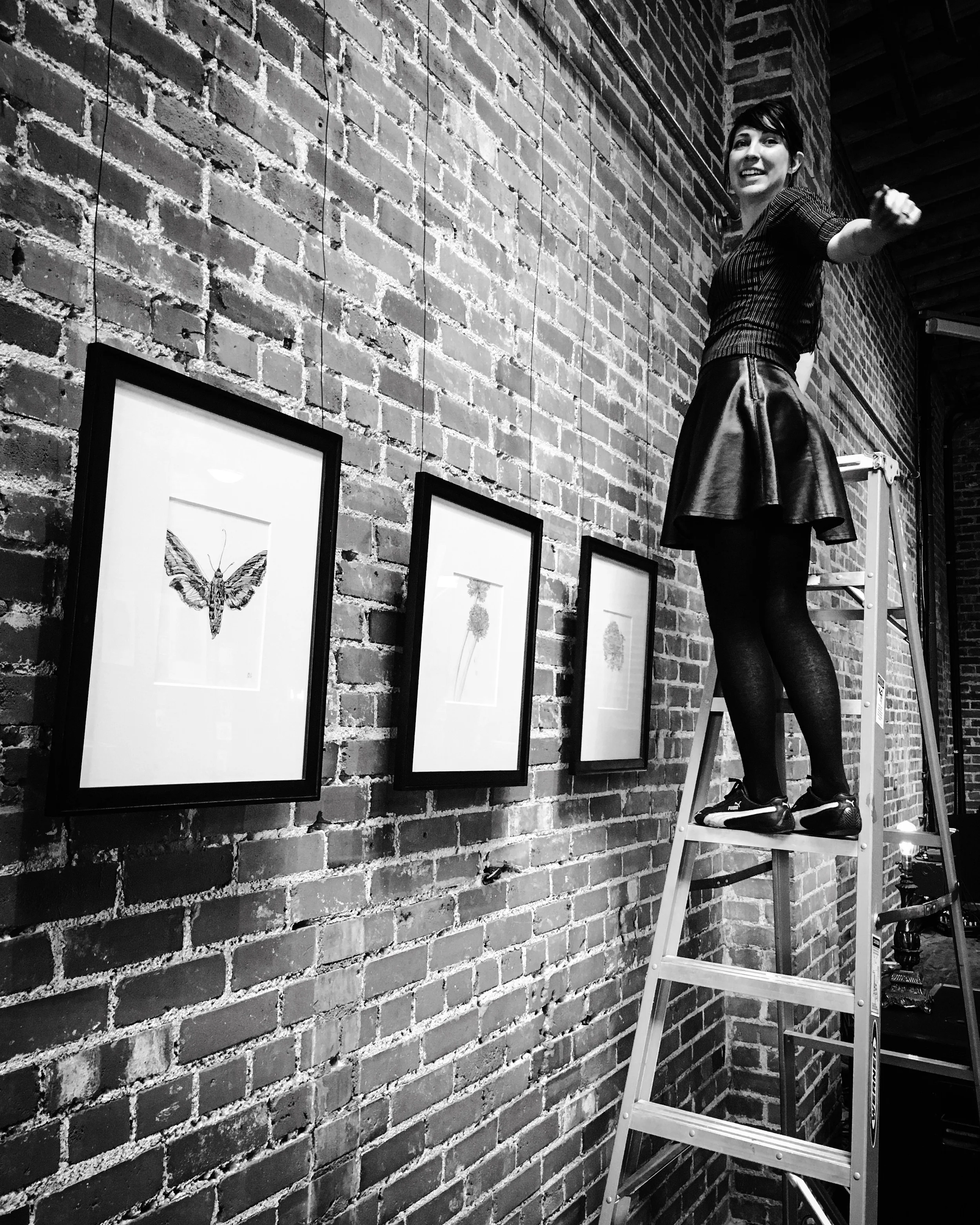St. Athanasius of Alexandria

St. Athanasius of Alexandria, Oil on Panel, 60” x 35,” by Melissa Carmon
ST ATHANASIUS OF ALEXANDRIA
Mere Nostrum: our sea
balmy air,
hot, and the
fading waters
Man with a midnight
twinkle in your eye
cagey, bold, and red with fire
you knew that people are a sea,
now roiling, the calm
as life giving
and as dangerous
Over those faded waters
receding to the horizon
you looked out
…and smiled
For you were a man of the desert
And you carried with you
its golden sun
Yet you knew the cold silence
of stones, that
only stones know how
to stop movement,
stop sound
You knew the Place of the Dead
where your father’s bones lay
breathless, soundless
and with the weight of
worlds, they pulled quiet to quiet
You knew
the owlish open eyes
of emperors
All seeing, all open
who hunted for your outline
in that ancient dark
But you had died
long ago in the desert
A man with old eyes and
desert-tanned skin, wrinkled and thin
sang over you
the song of life
“Darkness may yet be walked through
and death is but a doorframe”
Over the Mediterranean sea
Your eyes met dark for dark
and glittered, triumphant
—
Historical Background:
St. Athanasius (ca.296/298 CE- 373CE). As bishop of Alexandria, Athanasius’ life was hunted by four Roman emperors, and in total, he spent about seventeen years in exile. It is said he was forced to hide in his father's tomb for four months.
Another story from his life comes from an occasion when he was pursued by the Emperor's ships on the Nile, which was covered in fog. Athanasius decided to double back on the Emperor's fleet, and when they asked if he had seen Athanasius, it is said that he replied, "Yes, he is very near!"
He knew St. Antony, one of the early “Desert Fathers,” a monk who had gone to the wilderness to live in the desert. Athanasius wrote a biography of Antony that made Antony famous in subsequent centuries, and this work is still widely referenced in both art and literature. When St. Antony, a man of extreme simplicity, was dying, Antony bequeathed a sheepskin cloak —one of his few possessions— to Athanasius.
Athanasius was also present at the famous council of Nicaea, and the Athanasian creed-- considered to be a distillation of basic Christianity-- is named for him.
To inquire about the availability of this painting, please visit the area of this site for collectors.


















